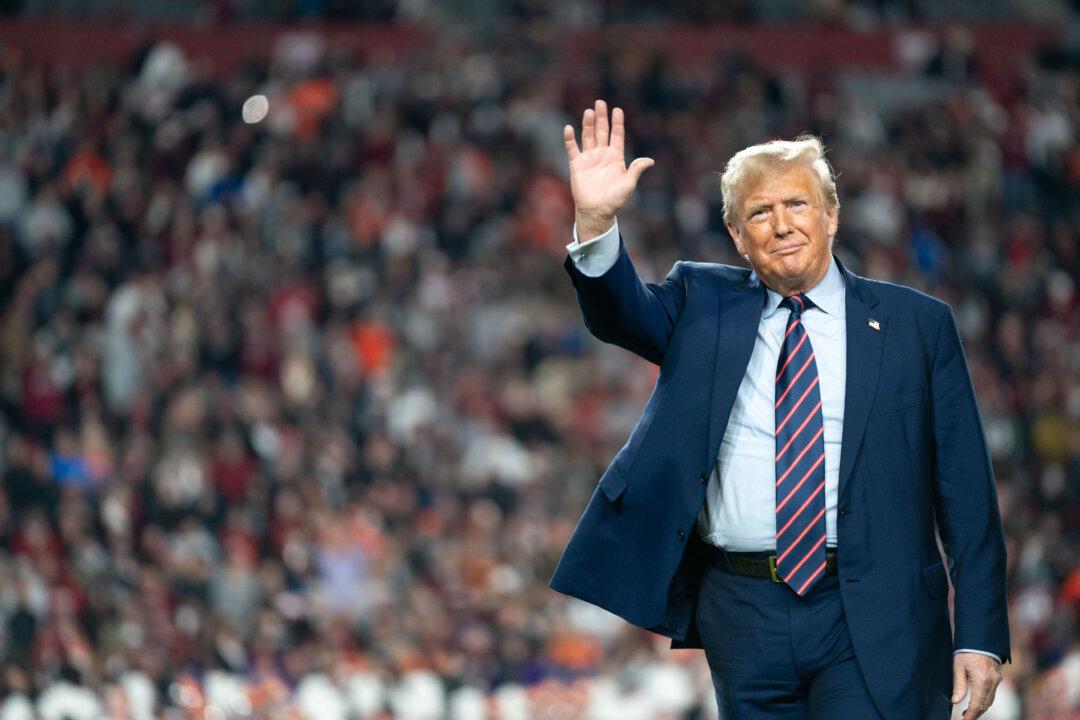For some observers of the civil fraud trial underway in a Lower Manhattan courthouse, the outcome is more or less a fait accompli, given that the judge in the case, Arthur Engoron, has already ruled that former president and current candidate Donald J. Trump committed fraud when seeking Deutsche Bank loans and insurance policies for his various properties.
But this negative and, according to President Trump’s lawyers, highly prejudicial finding won’t stop the defense team from pursuing further rounds of witness testimony about how the Trump Organization did business and whether its dealings over the past 10-plus years were above board. Nor will it stop the defense from putting President Trump on the stand again.





